A Surprising Protective Mineral
A major 2020 study in the British Journal of Psychiatry looked at 15 different regions and found the same thing again and again: people who live in areas with more natural lithium in their drinking water have lower suicide rates. What’s striking is that these benefits show up at tiny amounts—far below the doses traditionally prescribed for use in psychiatry.
This suggests lithium isn’t just a medication. It may also act like a trace nutrient, quietly protecting the brain, stabilizing mood, and reducing suicide risk—even in very small amounts.
How Lithium Helps the Brain
Lithium’s effects start deep inside our cells. It helps mitochondria—the “power plants” of our cells—work more efficiently. Healthy mitochondria give brain cells more energy, reduce damage from stress, and keep inflammation in check. All of these processes are essential for stable mood and clear thinking.
At low doses, lithium can:
- Support brain energy and reduce stress damage
- Calm inflammation linked to depression and anxiety
- Strengthen the brain’s ability to bounce back under stress
Mental Health Benefits
When the brain’s cellular health is strong, lithium creates wider benefits:
- Balances brain chemistry: Supports serotonin and calming GABA while regulating overactive stress pathways.
- Protects neurons: Boosts growth and survival proteins (like BDNF), strengthens brain circuits, and improves resilience.
- Reduces risk: Even small doses have been linked to lower aggression, impulsivity, and suicide rates.
Beyond the Brain: Whole-Body Support
Lithium’s benefits don’t stop at mental health. Research shows it also helps the body in surprising ways:
- Metabolic health: Improves blood sugar balance and insulin sensitivity.
- Cognition: Protects memory, slows Alzheimer’s progression, and supports healthy aging.
- Heart and bones: Reduces vascular inflammation, helps preserve bone density, and maintains muscle strength.
- Longevity: Boosts antioxidants and protects cells from chronic wear and tear.
Rethinking Lithium
For decades, lithium has been one of psychiatry’s most powerful tools for preventing relapse and reducing suicide. Now, evidence shows that even microdoses—like the amounts naturally found in water—may offer wide-reaching benefits for brain and body health.
Psychiatrist James Greenblatt, MD, has been a pioneer in this area for over 30 years. He has long emphasized lithium’s unique role as both a medicine and a protective nutrient. For more on lithium, explore his books Nutritional Lithium: A Cinderella Story and Integrative Medicine for Alzheimer’s.
Psychiatry Redefined offers training for clinicians on how to integrate lithium safely into patient care. Schedule a 1:1 call with one of our education consultants to learn more about which training is right for you.


